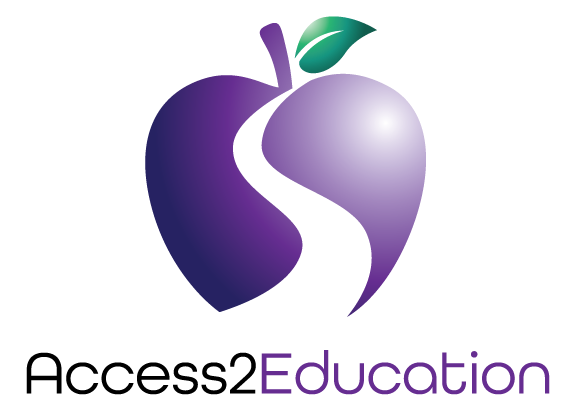About a Boy Who Never Gives Up!
This week on the blog an interview with a mother who’s son has Duchenne Muscular Dystrophy. It’s an inspiring look at how a mother, teacher and child can work together ensure success for everyone! This story highlights the need to work collaboratively with teachers and educators for the overall well being and positive outcome of the child.
What is Duchenne Muscular Dystrophy?
I had never heard of Duchenne Muscular Dystrophy, though I had heard of muscular dystrophy. It is a genetic disorder characterized by progressive muscle degeneration and weakness. It is one of nine types of muscular dystrophy. DMD is caused by an absence of dystrophin, a protein that helps keep muscle cells intact. Symptom onset is in early childhood, usually between ages 3 and 5. The disease primarily affects boys, but in rare cases it can affect girls. (https://www.mda.org/disease/duchenne-muscular-dystrophy)
This week I had a chat with a mom who’s son is 5 and never gives up on things he wants to do. This mom has been advocating for her son and working in collaboration with teachers to create a positive learning environment. Earlier when I started this blog I wrote about how you can support your child. This mom is doing it all right, starting right from the beginning of the educational journey she is there working with the teacher.
An interview with a mom who’s helping advocate for her son’s needs.
Interview with a mom who’s son has Duchenne Muscular Dystrophy:
Can you tell me a little about your child and what their challenge is?
Chase is 5 years old and has Duchenne Muscular Dystrophy, a progressive, muscle wasting condition. Currently it presents itself mostly as low strength and extreme fatigue. He is also non-verbal. While his peers are learning to read and write, he struggles holding onto and pressing down on a pencil. He is figuring out what works for him, but at a slower pace than his classmates.
When did you first realize your child was possibly special?
We noticed Chase missing milestones around 9-12 months but he was so happy our doctor insisted nothing was ’not typical’. Finally at 18 months we were able to see a neurologist and they diagnosed him with DMD at 23 months old. It was also during this time we realized there was some type of speech delay/disorder.
How has your child’s difference affected your life or theirs?
Oh let me count the ways! I have a 3 year old typical developing child, and the biggest difference I’ve noticed is that the younger one learns from his environment naturally, where as Chase needs to be taught every single thing. He still soaks things up like a sponge, but his capacity is smaller. It makes me wish I would have become a teacher so I could help him more! But I do what I can.
What is the one thing you with people knew about your child?
He may not be able to speak words, or run or jump, but he loves life and still likes to do all the fun and weird things that 5 year olds like to do.
If you could describe their biggest strength would it be?
He never gives up and almost always faces challenges with a smile on his face. For example, he recently just started to be able to ride a tricycle! He got it when he was 2 years old and has been sitting on it regularly since then. One day he just took off!
If you could say anything to their teacher what would tell them?
His teacher and I have regular communication so I tell her lots of things :) Chase needs extra support sometimes but inclusion is also very important to me. His teacher and I are always mindful of finding a balance of supporting him but in the most inclusive way. One question I like to ask his teacher every once in a while is ‘Does he have meaningful relationships, and with who?’. He isn’t able to tell me his friends’ names and I like to be able to talk about his friends with him.
Is there anything else you’d like to share about your child or your experience as a family?
It is hard so we take it one day at a time. We enjoy him for who he is and where he is at, and celebrate every single win. Celebrating is very important to us.
Even in childhood never giving up is key to moving forward.
This interview highlights a number of things. As parents we need to step up help advocate for our kids needs even when it seems impossible. Connecting early with our kids teachers is key to this. Never be afraid to speak up and seek support. All our kids, no matter their level of neurotypical growth, have a right and a need to succeed.
Have you connected with your child’s teacher yet about their needs? If not what’s stopping you? Are you needing help to take that first step? Drop me a message and I’ll support you in getting the help and support you need.
Don’t forget to get your free IEP binder organizer by adding your email to our list. This binder will help you in keeping organized and ready for the all meetings and communication with teachers.












June can be a scary time of year for those who struggle with transitions. Looking at BIG T Transitions and little t transition can help you build a transition to ensures the success of your child.